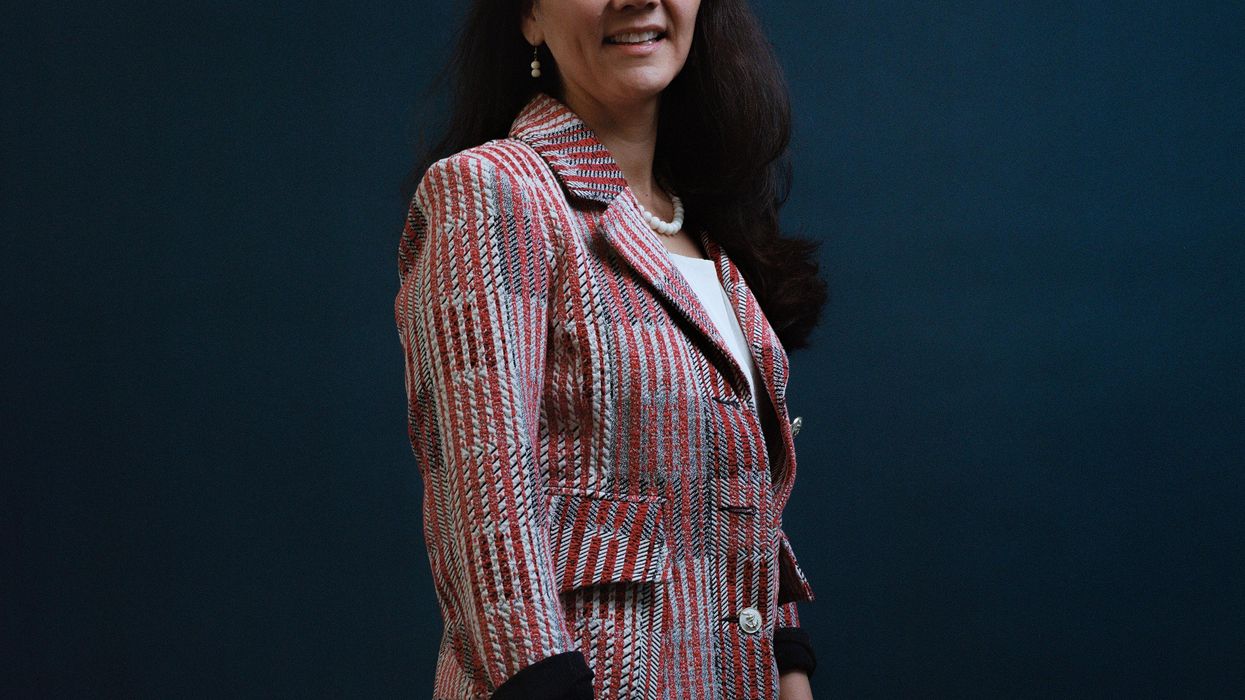Bowe writes about politics in the digital age for Democracy Through the Looking Glass.
A closer look at the 2022 midterm results offers solid evidence that democratic reform efforts are a moderating political force, in a time when both the media pundits and the electorate are exhausted by the pugilistic style of politics today. This creates a powerful narrative that election reforms can fix the pain voters are feeling about hyper-partisanship today. But will the media even care?
First, the fate of the 10 Republican House members who voted to impeach Donald Trump after the events of Jan. 6, 2021, makes an interesting case study comparing the outcome between a partisan primary election system and a nonpartisan primary system. Seven of those lawmakers campaigned within a partisan primary system. The other three ran in nonpartisan primaries – advocated by democracy reformers – where the top two finishers in a single nonpartisan primary advanced to the general election.
All seven GOP House members representing places with partisan primaries will not be returning in January. Four retired (instead of facing certain defeat) and three lost — two annihilated — in their primaries. But two of the three who ran in nonpartisan “jungle” primaries were reelected, and the third fell just 68 votes short of the second-place finish needed to advance to the general election.
The data is clear. Depending on how the election rules are designed, results can have a more or less polarizing outcome. These 10 members showed a great deal of political independence — country over party — but only three were rewarded for demonstrating independence over blind partisan loyalty.
Then there is what happened in Alaska, with a new system of four candidates advancing from a nonpartisan primary to the general election — and using ranked-choice voting to determine which candidate has a majority of voter support. Again, the results gravitated toward the middle rather than the extreme.
In Alaska’s general election for Senate, moderate Republican incumbent Lisa Murkowski initially finished less than 1 point ahead of conservative GOP challenger Kelly Tshibaka (43.4 percent to 42.6 percent), but well short of the required 50 percent majority under RCV rules. In the final RCV tabulation — after the ranked votes from the two eliminated candidates were redistributed — Murkowski won with 54 percent. The moderate Murkowski captured 90 percent of the ranked vote from the two eliminated candidates, the bulk of which came from voters who initially voted for the Democratic candidate.
In Alaska’s House race, the dynamics were different, but the moderate outcome was the same. Most impressive, the dynamics of this House election were tested twice, less than four months apart, and achieved the same results.
Moderate GOP scion Nick Begich ran against GOP conservative icon Sarah Palin and moderate Democrat Mary Peltola in August to fill the remaining term of the late Rep. Don Young, and again in November. In both elections, Peltola won the initial vote, but fell short of a majority, with Palin finishing second and Begich third. After the ballots for Begich were redistributed to voters’ second choices, Peltola had more than the necessary majority of votes required to win.
Voters backing a Democratic candidate helped elect a moderate Republican to the Senate, and voters supporting a Republican candidate helped elect a moderate Democrat to the House.
So, the good news is the reform community has demonstrated how relatively minor reforms in election rules can elect more consensus-oriented politicians and can alleviate the political fatigue from which we all suffer. But, like the proverbial tree falling in the forest, if the media doesn’t give saturated coverage to the success of these reforms, did they even happen?
Historically, major media coverage of reform issues and successes has been nearly non-existent. This creates a major hurdle that must be cleared before reform advocates can win the hearts and minds of Americans and make major strides to achieve reform.
The challenge for democracy reform advocates is how to capture the attention (and imagination) of the mainstream media so they will tell these stories about how voters — when given the opportunity — will vote for moderation over extremism.
It certainly is a story worth telling.





















Trump & Hegseth gave Mark Kelly a huge 2028 gift